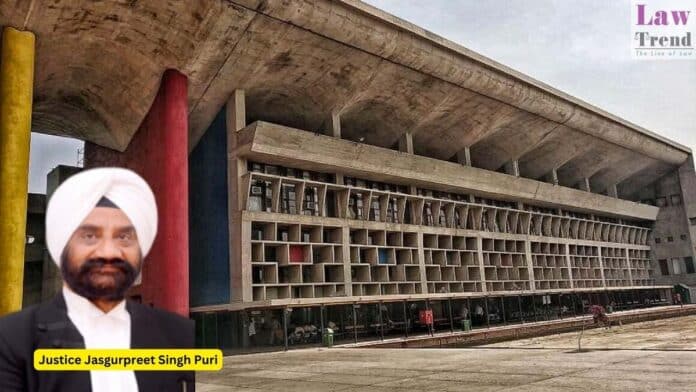In a significant judgment, the Punjab and Haryana High Court quashed the expulsion of a law student from a prestigious educational institution, holding the disciplinary action unlawful and imposing a fine of ₹1 lakh on the institution for procedural lapses and violation of natural justice. Justice Jasgurpreet Singh Puri, presiding over the case, emphasized that
To Read More Please Subscribe to VIP Membership for Unlimited Access to All the Articles, Download Available Copies of Judgments/Order, Acess to Central/State Bare Acts, Advertisement Free Content, Access to More than 4000 Legal Drafts( Readymade Editable Formats of Suits, Petitions, Writs, Legal Notices, Divorce Petitions, 138 Notices, Bail Applications etc.) in Hindi and English.




